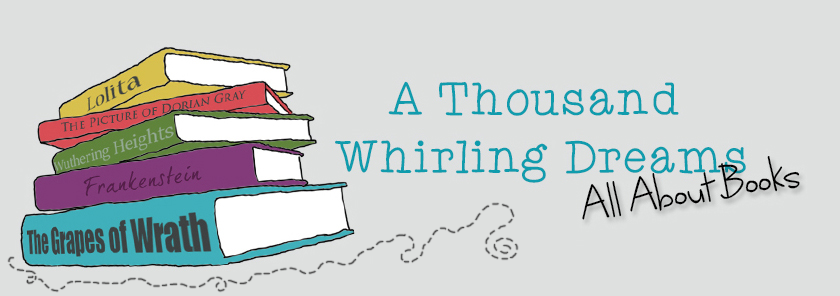Author: Ray Bradbury
Genre: Science Fiction
Year: 1953
Pages: 159
Fahrenheit
451 is set in a dystopian world in which it is strictly forbidden to own books,
and firemen are to make sure this law is complied with. Their job is to burn
books, and if needed the houses in which these are hidden.
Our
protagonist, Guy Montag, is one of these firemen. Not aware of the fact that
once books were allowed to be read, and firemen actually put out fires, he
never questioned his occupation. Not until he meets his new seventeen-year-old
neighbour who teaches him to think independently.
I
thought the concept of this story was pretty well thought out, and I enjoyed it
thoroughly. The characters are well-developed, as well as the world. Most remarkable
perhaps, was the realistic feel to it. Whenever Bradbury had a character
explain the workings of the world, it almost sounded rational, and as if it
could happen in real life.
When
reading reviews written by women on this book, I noticed the feminist
point-of-view: women are portrayed as stupid and brainwashed and of the books
mentioned, no author is female. I’m not at all used to feminist reading, and
thus had not noticed the latter. The former remark, however, I feel is
unjustified. Every single person in this novel is at some point brainwashed –
men too. I would even like to argue that the most important character in this
novel is female: Clarice. She is the instigator – without her, Montag would
have remained naïve in terms of his profession. To me thus, it feels
inappropriate to mark Bradbury, or at least this novel, misogynist.
Though I
was compelled by the story, the ending seemed rather incoherent – both in
relation to the rest of the novel, as well as by itself. I was confused as I
kept losing track of the story line, and I felt the ending just did not suite
the over-all style and ambience. I will, however, not go in too much detail
about this, as I want this to remain spoiler-free.
There
was another aspect of this novel I felt dubious about: although the story is
critical towards society in so many sophisticated ways, the general moral seems
cliché: television ruins you, read books instead! Although I understand this is
not at all all Bradbury tries to convey, it is the undertone throughout the
novel, and it felt too basic for the potential this book had.







